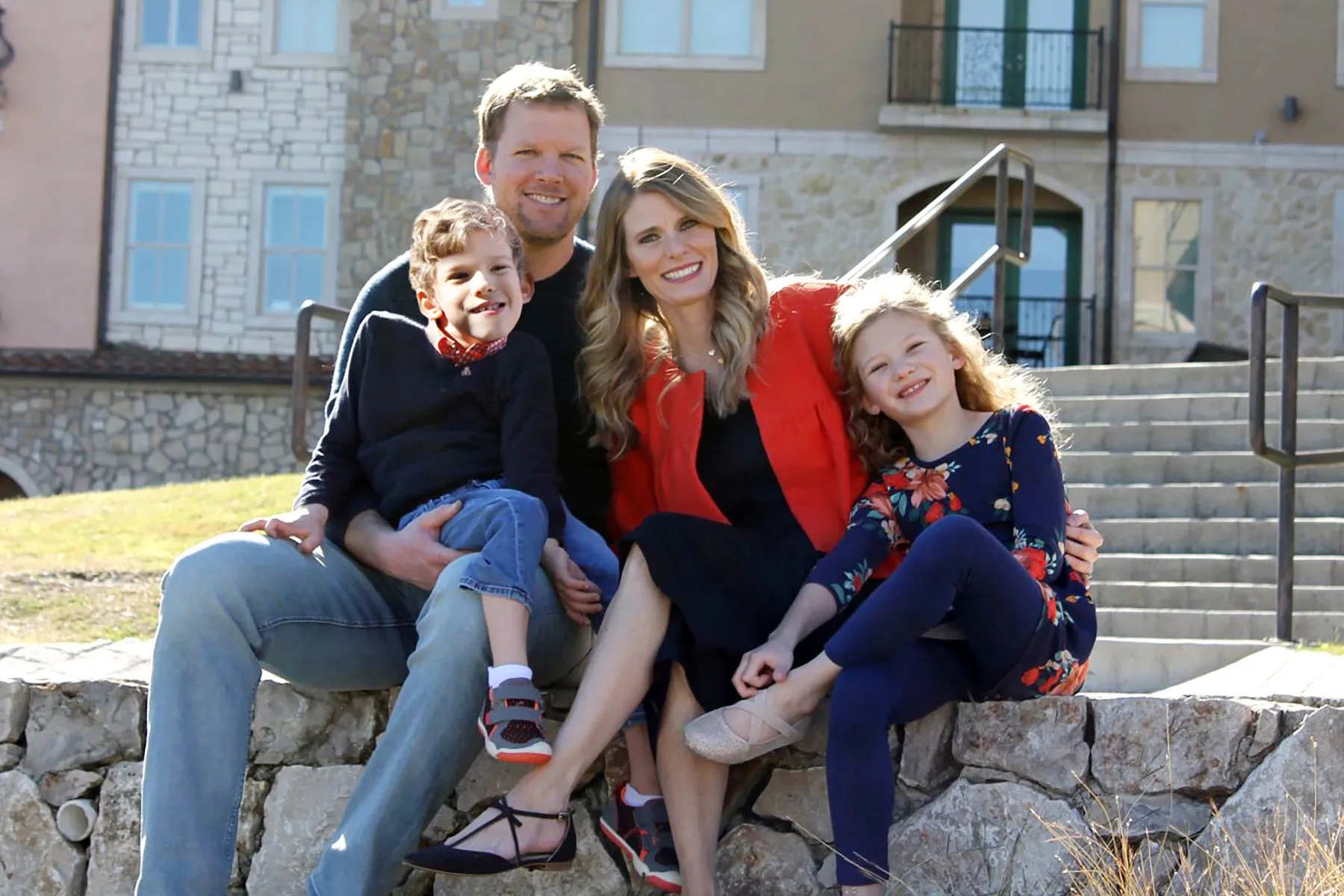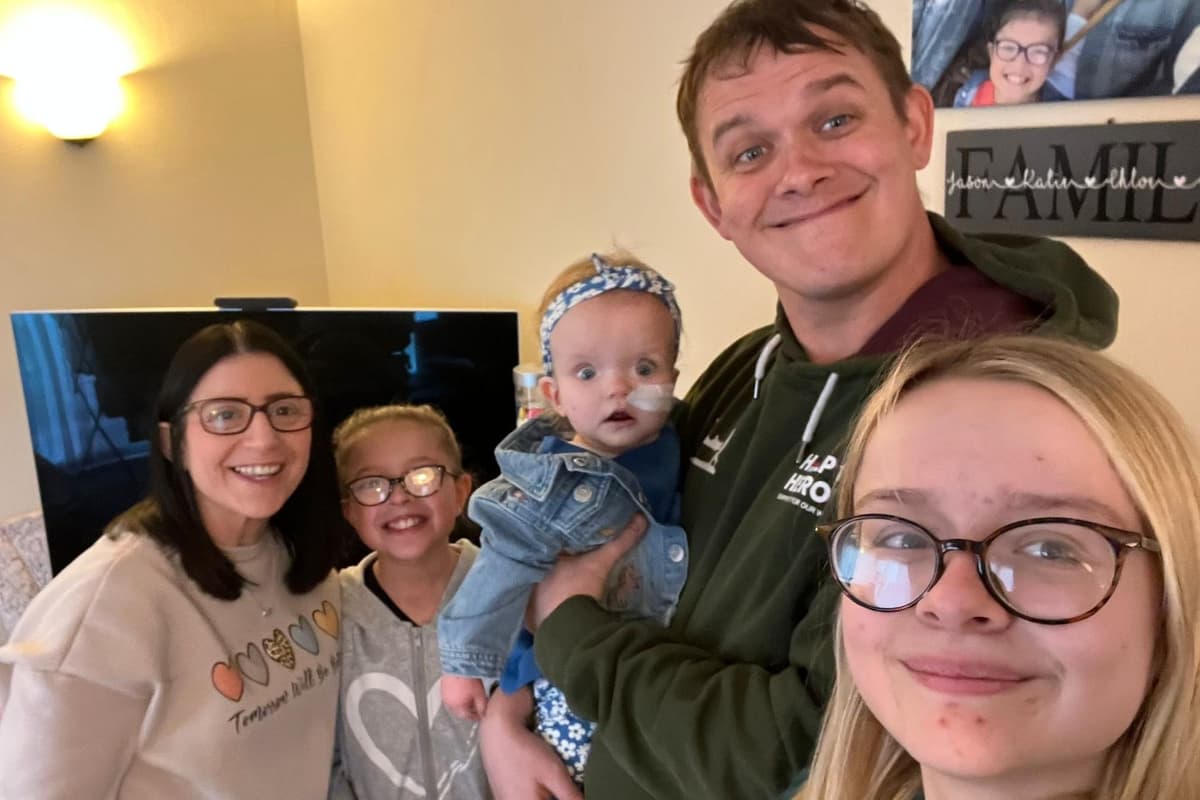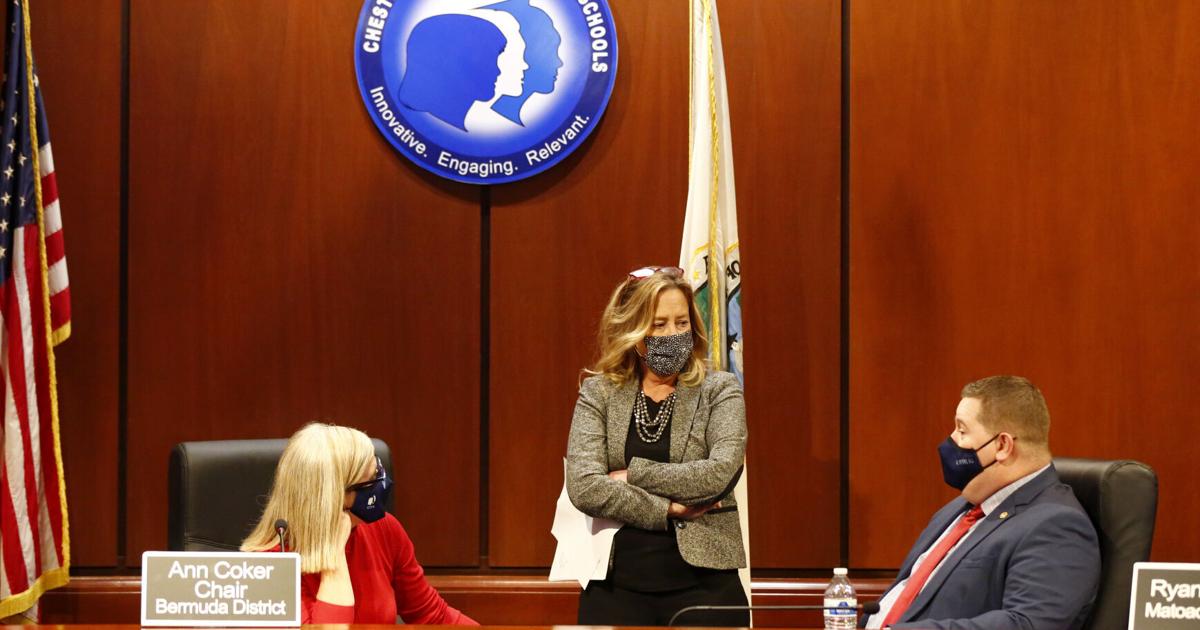Families with rare diseases are calling for change

“We know that the diagnosis of a rare disease is a race against time.”
– Patient advocate Kasey Woleben of McKinney, TX
Will Woleben reached all of his developmental milestones as he entered the toddler years. He walked, was active, social and curious, says mom Kasey Woleben of McKinney, Texas. Then, around the age of 2, he started tripping for no apparent reason. One day he collapsed.
From there, Will’s health rapidly deteriorated. Doctors diagnosed a SURF1 deficiency, one of many genetic mutations responsible for a rare mitochondrial disease, Leigh’s syndrome.
“It was such a difficult time in our lives, because I had a child who couldn’t walk and then the other child learned to walk,” says Woleben, recalling her two children’s striking role reversals.
Learn how scientists are reusing existing medicines to help people with a rare disease.
Like many parents with a rare disease, Kasey and husband Doug Woleben tried to learn everything they could.
“When you get diagnosed with this rare disease,” says Kasey, “suddenly your life collapses in front of you. … You have to learn everything about your child’s disease. It’s kind of like a ‘med school 101’ course. ‘
Frustrated with the lack of resources, the Wolebens joined other families in creating the all-volunteer Cure Mito Foundation to help find a cure or treatment for Leigh’s syndrome.
“Not only are families with rare diseases caring for their children, we are their main advocates, we are nurses at night, we are the ones raising millions of dollars,” says Woleben. “We don’t even know if it’s going to work, but you know what, we’re going to try.”
Read about the crushing financial costs of rare diseases for families.
Sophia Zilber is on the board of Cure Mito. She and husband Ross Zilber of Newton, MA, lost their daughter Miriam to Leigh syndrome six years ago when she was just a few weeks old. The trauma of her sudden and unexpected death “splits our lives” into the before and after, says Zilber, “and every word and minute of that time will stay with us forever.”
Zilber is turning her pain into purpose and applying her professional expertise in statistical programming analysis of clinical trial data to build a globally accessible Leigh syndrome patient registry. She has volunteered “thousands of hours” in this effort and has shared the results already pulled from the registry at conferences that attract researchers, patients and industry professionals from around the world.
Patient registries are important in drug development. Rare diseases have a small population pool and few clinicians exposed to them, so patients and their caregivers have valuable information about the history and course of their condition.
“Our goal,” says Woleben, “is to empower families as treatment advocates.”
Now 11 years old, her son Will can no longer walk, talk or eat by mouth. But his condition is stable and his mental abilities are intact, she notes. His favorite subject is science, as he confirmed in a recent video call with a smile and a thumbs up.
Through Cure Mito’s efforts, which include funding gene therapy research and drug repurposing, Woleben says her son “will leave a legacy” for children diagnosed in the future.
Stay connected with us on social media platform for instant update click here to join our Facebook













